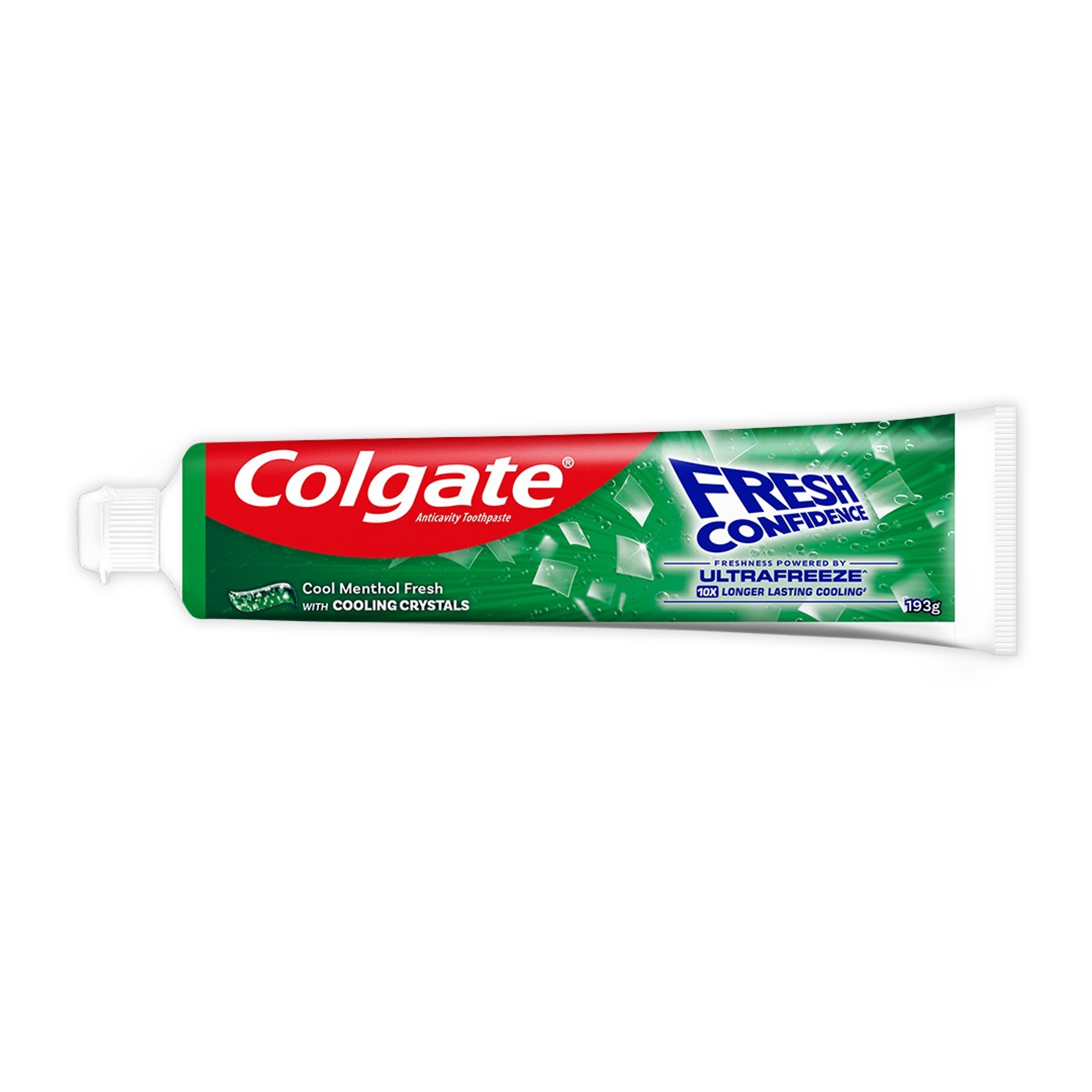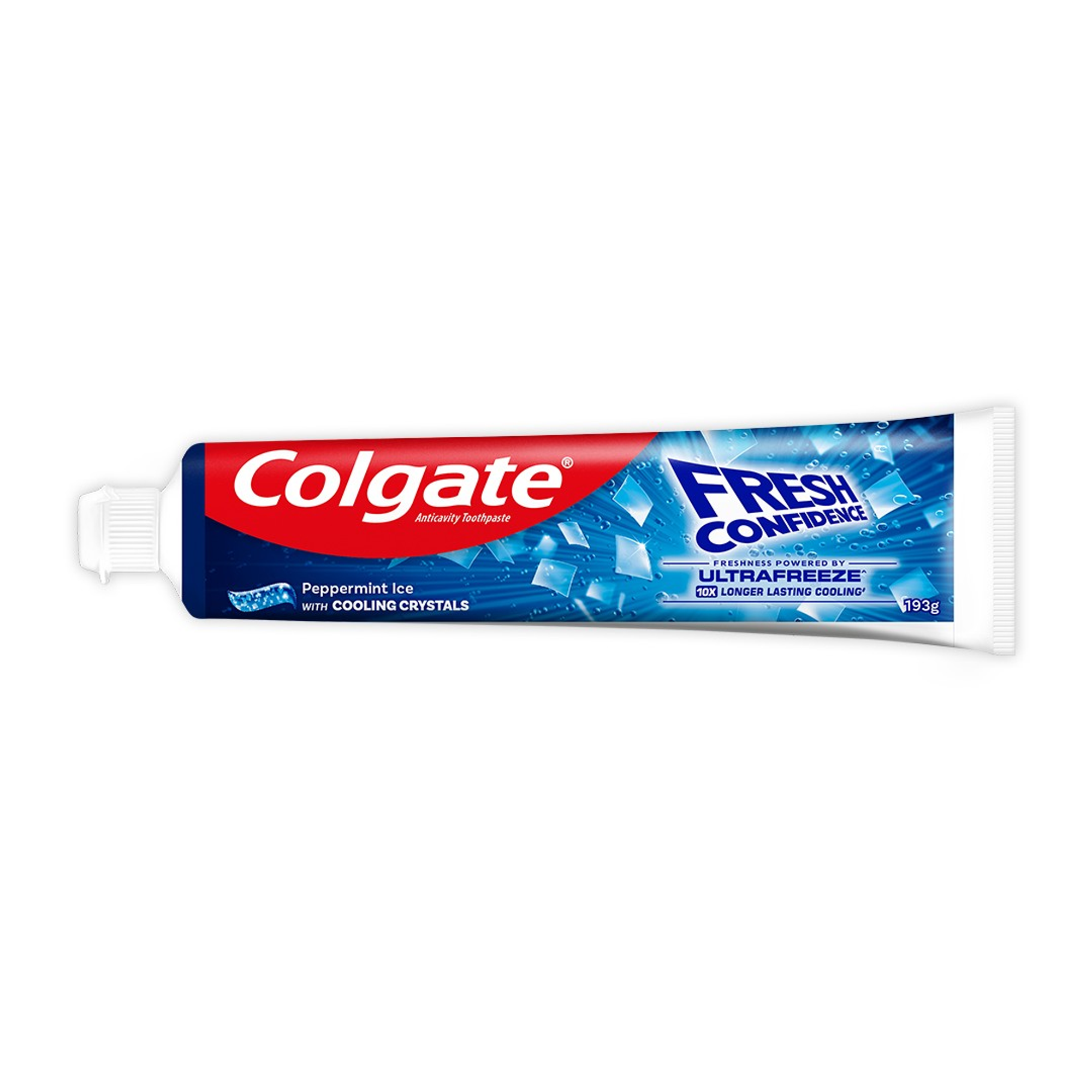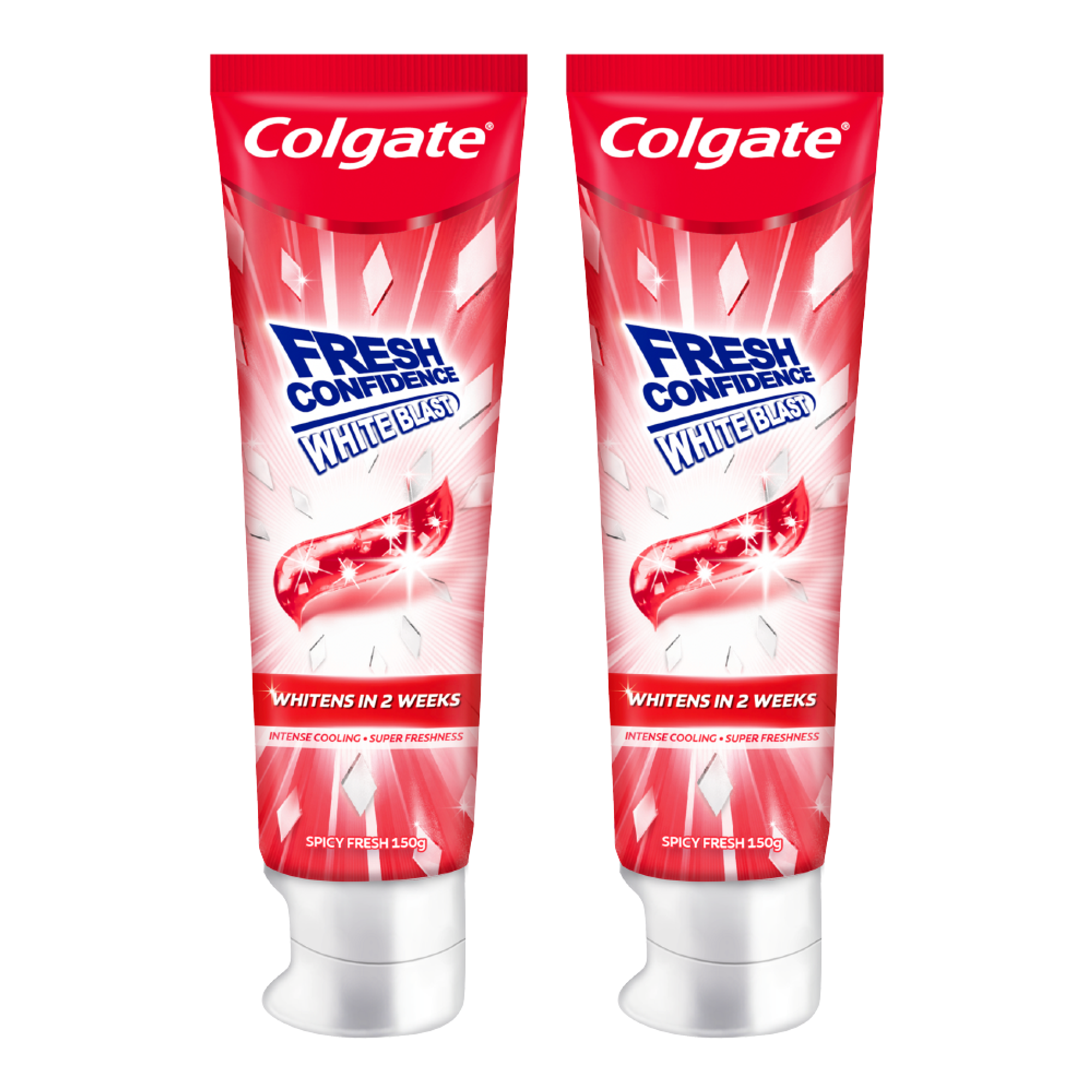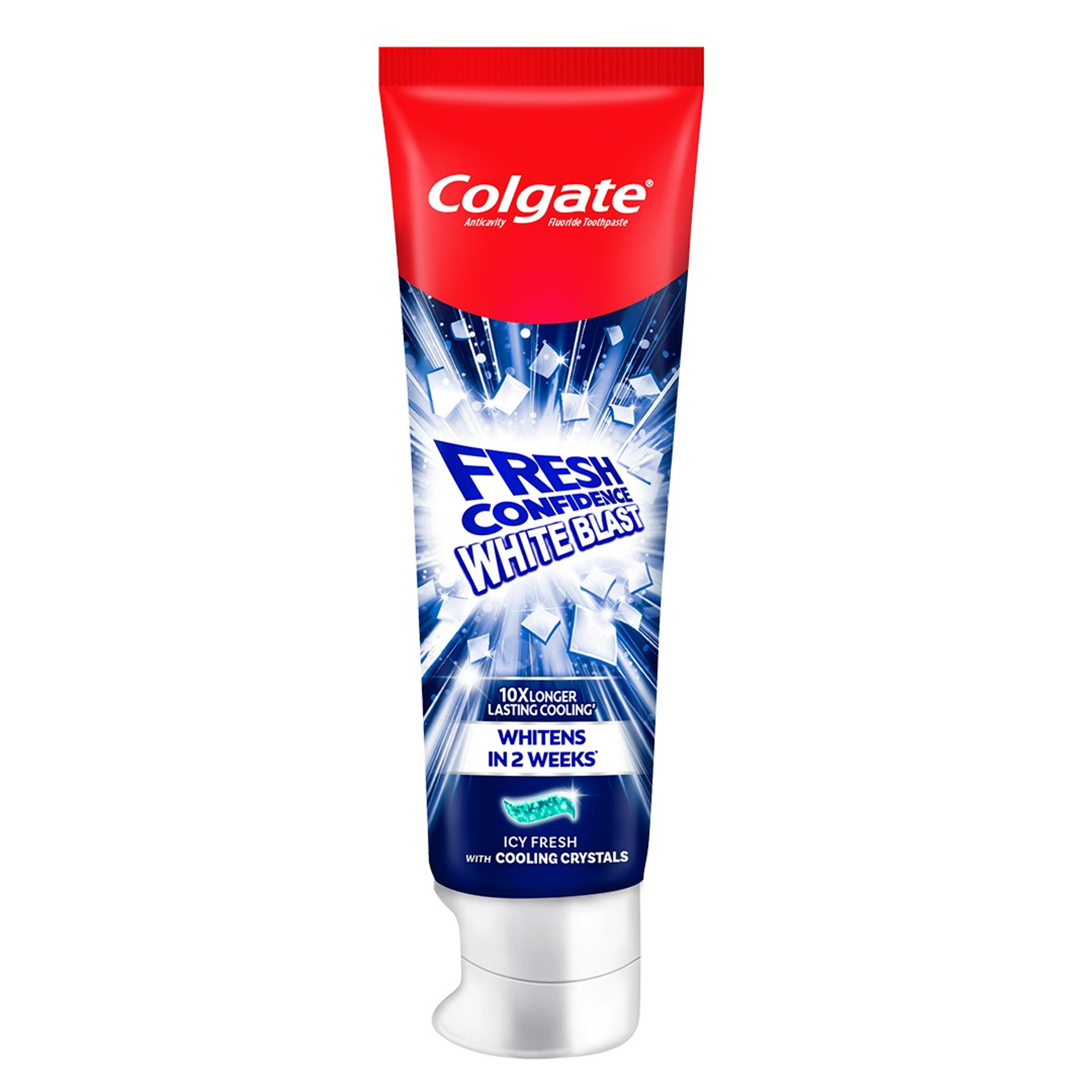-
-

ADULT ORTHODONTICS
Should You Use Mouthwash Before or After Brushing?Brushing and flossing are the foundation of a good oral hygiene routine, but mouthwash can also be a useful addition...

SELECTING DENTAL PRODUCTS
Soft Vs. Hard Toothbrush: Which One Should You Use?The toothbrush has come a long way. As the American Dental Association (ADA) notes...
-
Science & Innovation
- Oral Health and Dental Care | Colgate®
- Oral Health
- Why Vegetarians Don’t Have To Worry About Bad Breath


Have you ever had a juicy burger or steak for lunch only to find people desperately avoiding your bad breath on a crowded train? Well maybe not, but avoiding or reducing your meat intake might help prevent bad breath and potentially embarrassing situations.
Bad breath, or halitosis, is a problem that affects 40% of the adult population at some time in their lives. Poor oral hygiene, gum disease and smoking all contribute to bad breath, but your diet also plays an important role. Here are some simple fixes that will help improve your breath — plus a tool that, more importantly, contributes to what you really want: longer-lasting fresh breath.
The Diet Factor
The age-old tale about garlic and onions affecting your breath is true, but other foods such as meat and cheese are also culprits. Protein-rich foods that get stuck in teeth crevices attract the bacteria around the tongue and mouth that contribute to bad breath. Following a vegetarian diet or reducing your meat intake will help prevent the build-up of bacteria, and therefore may help to avoid those unpleasant odors.
Did You Know?
A recent study of 11,000 vegetarians and healthy eaters concluded that a daily intake of fruit was associated to a 20% reduction in mortality from heart disease, cerebrovascular disease, and cancers of the stomach, lung, pancreas, large intestine, and rectum.
A Balanced Diet
Vegetarians and vegans, not to mention fruitarians and raw foodists, all have one thing in common — a high intake of fruit and vegetables. Meat, dairy and other high protein foods are good sources of iron, calcium and vitamins, but many fruit and vegetables can offer alternative sources. A healthy salad for lunch or meat alternatives like calcium-rich tofu are good options for maintaining healthy teeth and fresher breath.
Can’t Beat the Meat
Good news though: there is help out there if you’re not quite ready to give up meat or dairy.
Dental floss is your friend — always pack some and use it every day, especially after eating meat. Drink a great deal of water to prevent halitosis by washing away thick mucus and bacteria, and to keep the mouth flowing freely with saliva. Eat a balanced diet of fruit, vegetables and grains and try to limit your meat intake to twice a week.
Simple, quick dietary fixes like the above are great — but temporary tricks often result in temporary relief. If you really want to stay proactive and ensure that bad breath is prevented before it becomes a problem, there’s a simple solution to take control: brush with Colgate Total® Pro Breath Health® . It’s the best weapon in your fight against evil breath bacteria. Why? Because many people find that their bad breath builds up throughout the day. But thanks to this toothpaste’s advanced Odor Control Technology, you can keep bacteria from overpowering your mouth, and enjoy long-lasting fresh breath.
Related Articles
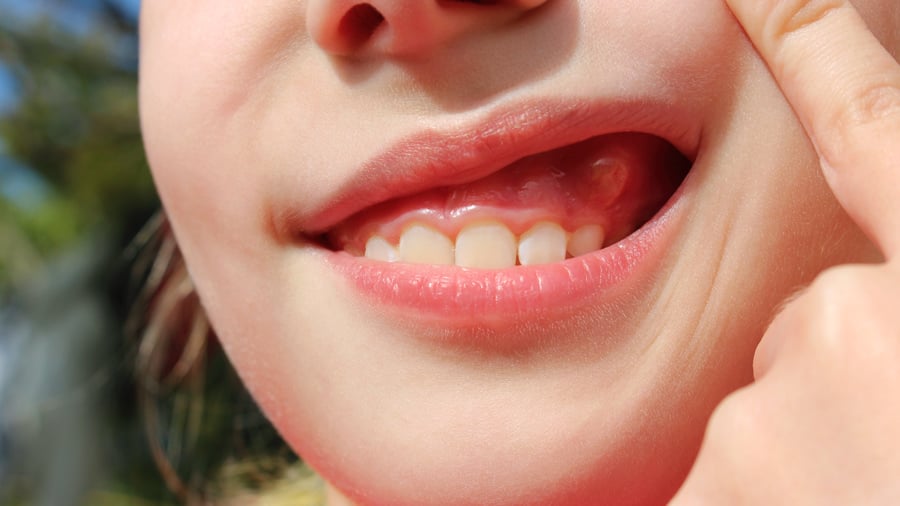
If you notice anything strange in your mouth, such as a gum boil or a bump that looks like a pimple, it's a good idea to have it checked out by a dentist.
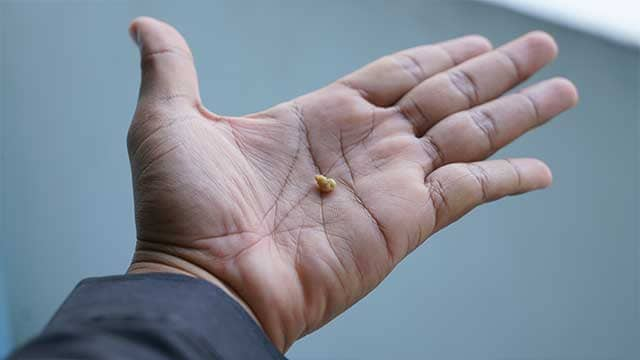
Tonsil stones, clinically called tonsilloliths, are small, white discharges that form in the crevices of the tonsils. They are typically found on the surfaces of the pharyngeal tonsils on either side at the back of the throat. They can be as small as a grain of rice or as large as a pea. They are quite common and usually harmless, but they may spark alarm in patients when noticed for the first time.

Related Products

Helping dental professionals
More professionals across the world trust Colgate. Find resources, products, and information to give your patients a healthier future




